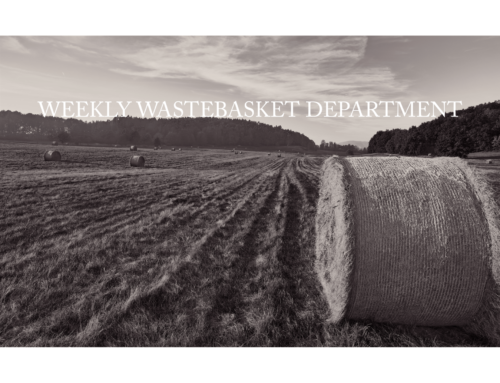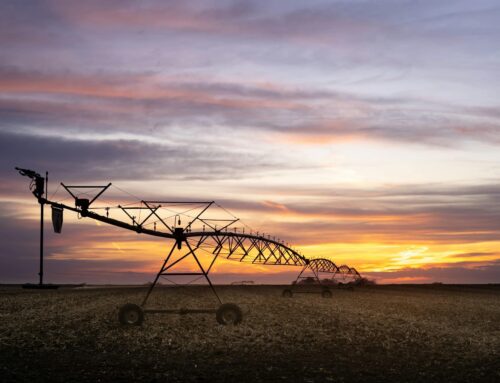Congress today passed a massive new farm bill. Unfortunately, lawmakers seem intent on repeating the mistakes of the past and also making a slew of new ones that will cost taxpayers billions.
The Farm Security Act would dole out $170 billion in farm subsidies over the next 10 years — an increase of $73 billion over the last farm bill.
Unfortunately, this bill is emerging at a time when Congress is in a mood to be generous and ask few questions. Lawmakers recently approved billions in emergency spending, $15 billion for an airline bailout with no strings attached and billions more for a big increase in defense spending. Justifying each program in the name of national security and jumpstarting the economy, the rush continues to get pet programs passed before the money and goodwill in Washington evaporates.
Congress intended the last farm bill, the 1996 Freedom to Farm Act, to get the federal government out of the farm business and to reduce subsidies by 2002 from around $9 billion a year to $4 billion a year. Instead, subsidies exploded to $28 billion last year, the vast majority of it going to corporate agribusiness.
The new bill would compound the mistakes of the Freedom to Farm and ratchet up its costs. The resulting overproduction and distorted markets will be the same as previous farm bills, only worse.
Washington bureaucrats again would pay corporate agribusinesses to grow more of what they can't possibly sell. This time around, however, the system of subsidies, supports and quotas that protect American agriculture could violate rules set down by the World Trade Organization, complicating America's international trading prospects.
The Bush Administration has said the proposed bill would cost too much, last too long, encourage overproduction and lavish benefits on farm operations that don't need the support. The Administration noted that there is no need to rush to pass the Farm Security Act since the current farm bill doesn't expire until October of next year.
Our nation is in an economically dicey situation. Consideration of massive new financial commitments that do not require immediate action is not in the best interest of our nation. We need to scrutinize many of the big handouts being offered to agribusiness.
The House should not be locking the country into a costly, long-term program in a period of national uncertainty over terrorism and the economy.














Get Social